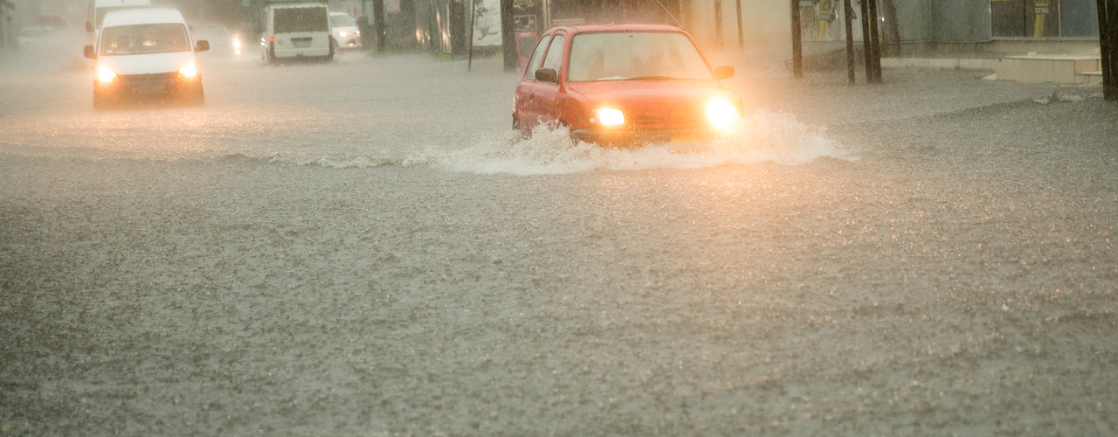Emergency checklist
Every minute matters during an emergency. Be prepared for most emergencies by making sure you can check off these 10 important items in every situation.

If you catch fire, you know to stop, drop, and roll. If a suspicious character knocks on your door, you know to call the police… but do you know where to go if someone gets seriously injured?
You never know when an emergency might happen. All you can do is be prepared for one. Here, you can find numerous resources and step-by-step instructions for a variety of incidents, from fire safety to what to do when someone around you has a heart attack. You can start by keeping this comprehensive list of Texas state hotlines readily available. These hotlines are available 24/7 and provide essential support and assistance during emergencies or crisis situations.
What to do when someone near you is having a heart attack
Call emergency services
Check for symptoms, including chest discomfort, shortness of breath, and more
Assist with medication
Help with comfort
Loosen tight clothing
Monitor vital signs
Do not leave them alone
Follow emergency personnel's instructions
Remember, acting quickly and calmly can make a significant difference in the outcome for someone experiencing a heart attack.

Every minute matters during an emergency. Be prepared for most emergencies by making sure you can check off these 10 important items in every situation.

When leaving your children with a babysitter, make sure he or she knows where to go and what to do during an emergency. See our guide for making sure your babysitter is prepared for everything.

Hurricane season officially begins in June and continues through November. Are you prepared for a potential storm?

Many people are able to show compassion or kindness to others, but to treat oneself with goodwill is an undervalued skill with important benefits. Self-compassion is the ability to turn understanding and acceptance inward, and recent studies have fou
Read More Additional information about The Mental and Physical Benefits of Self-Kindness | St. Joseph HealthLooking for a doctor? Perform a quick search by name or browse by specialty.